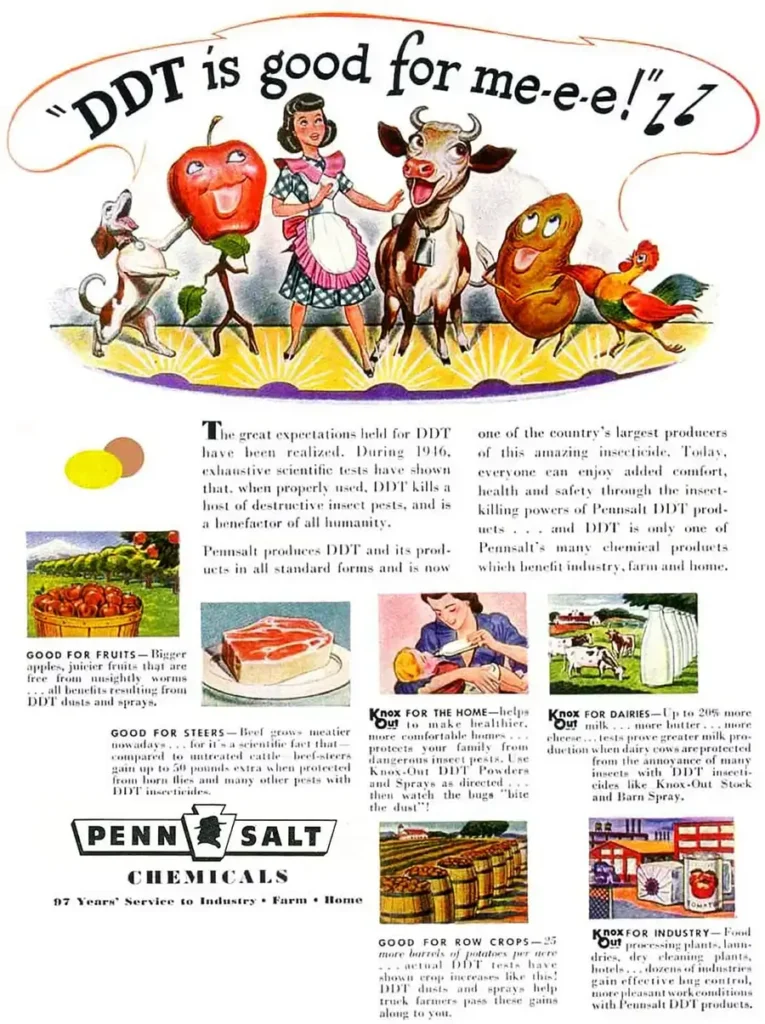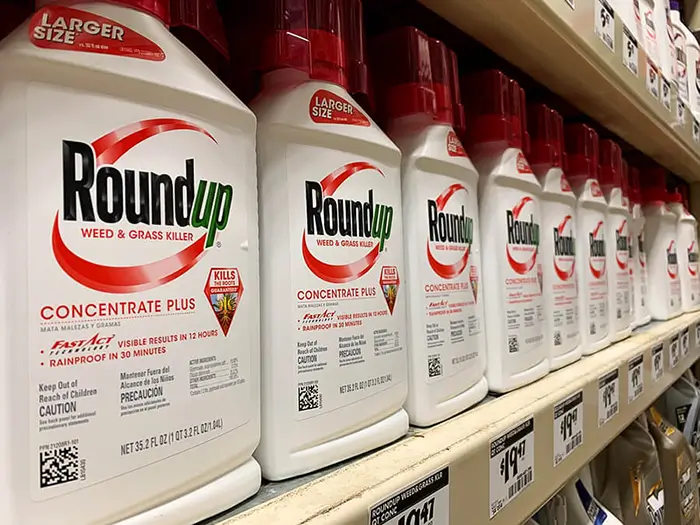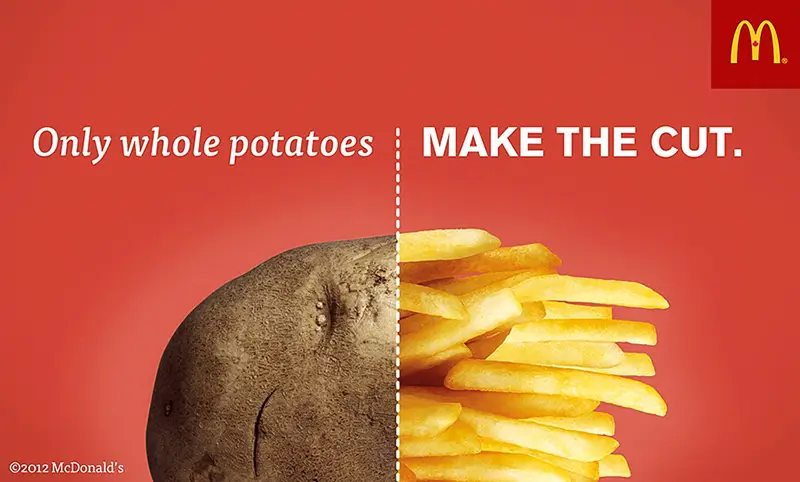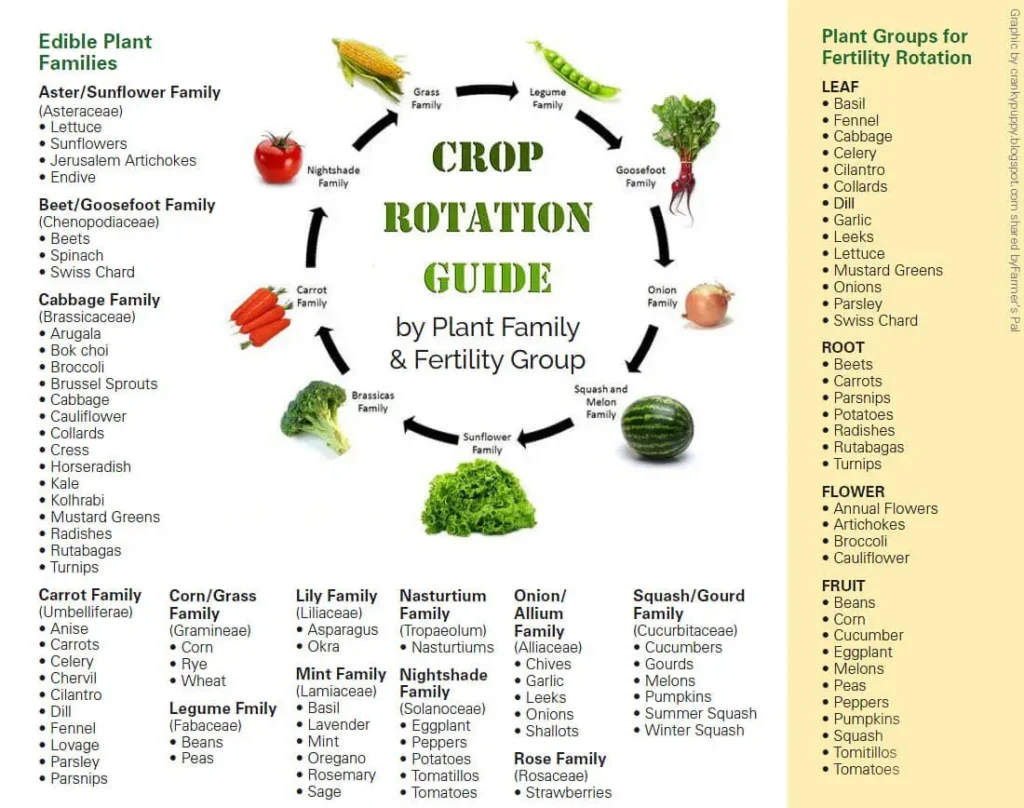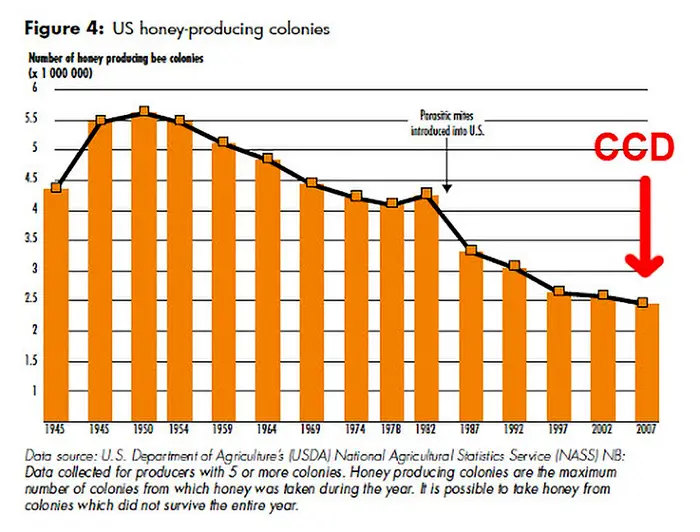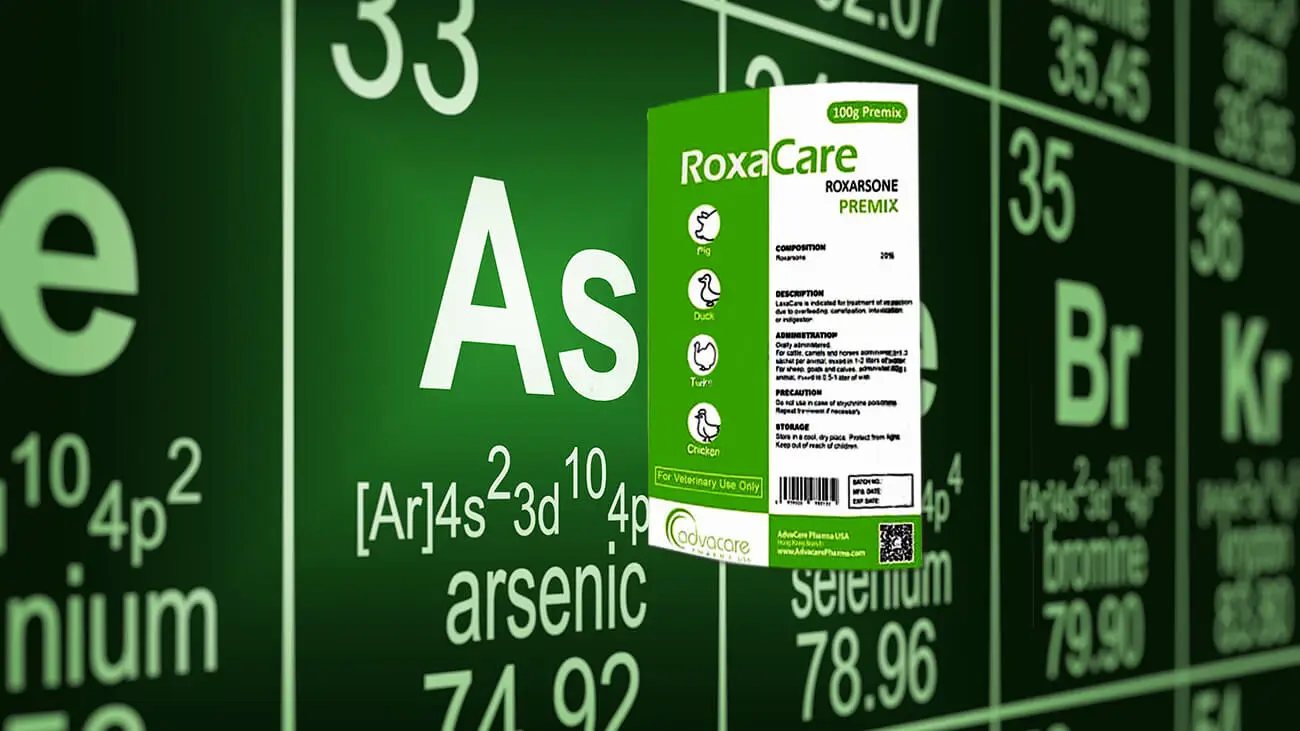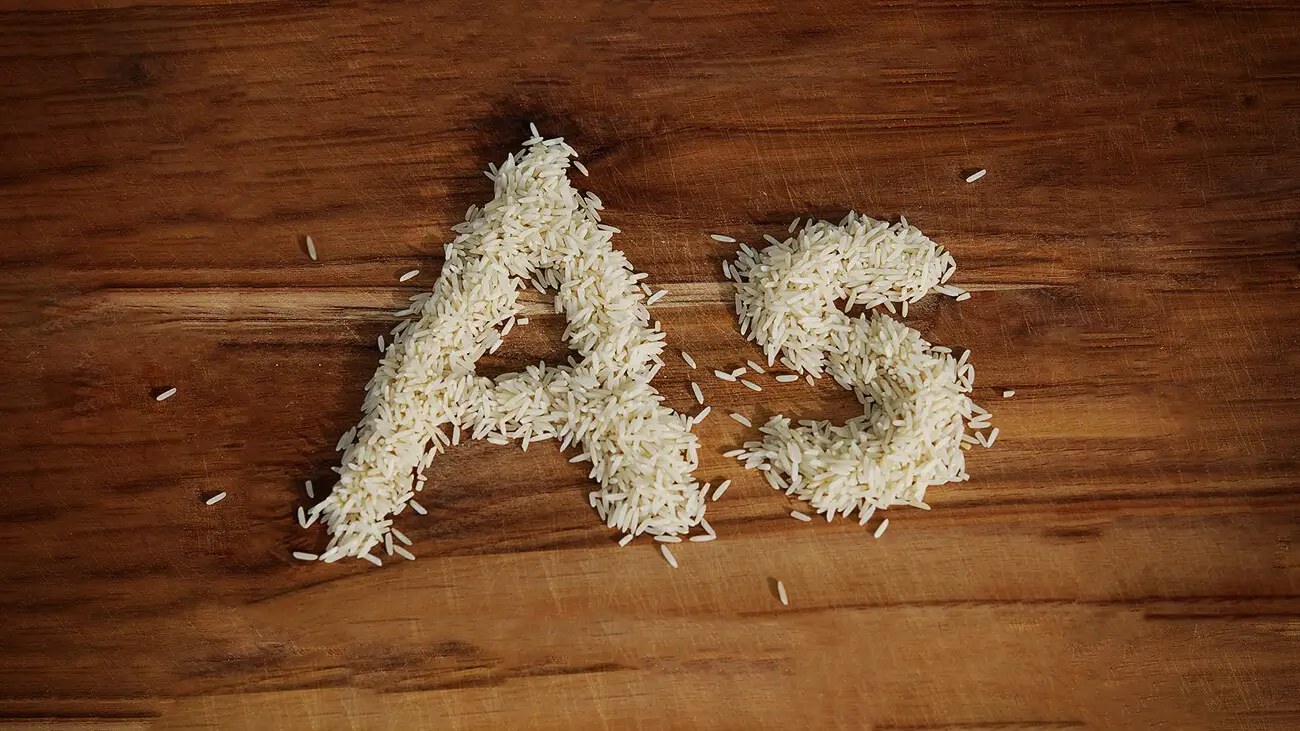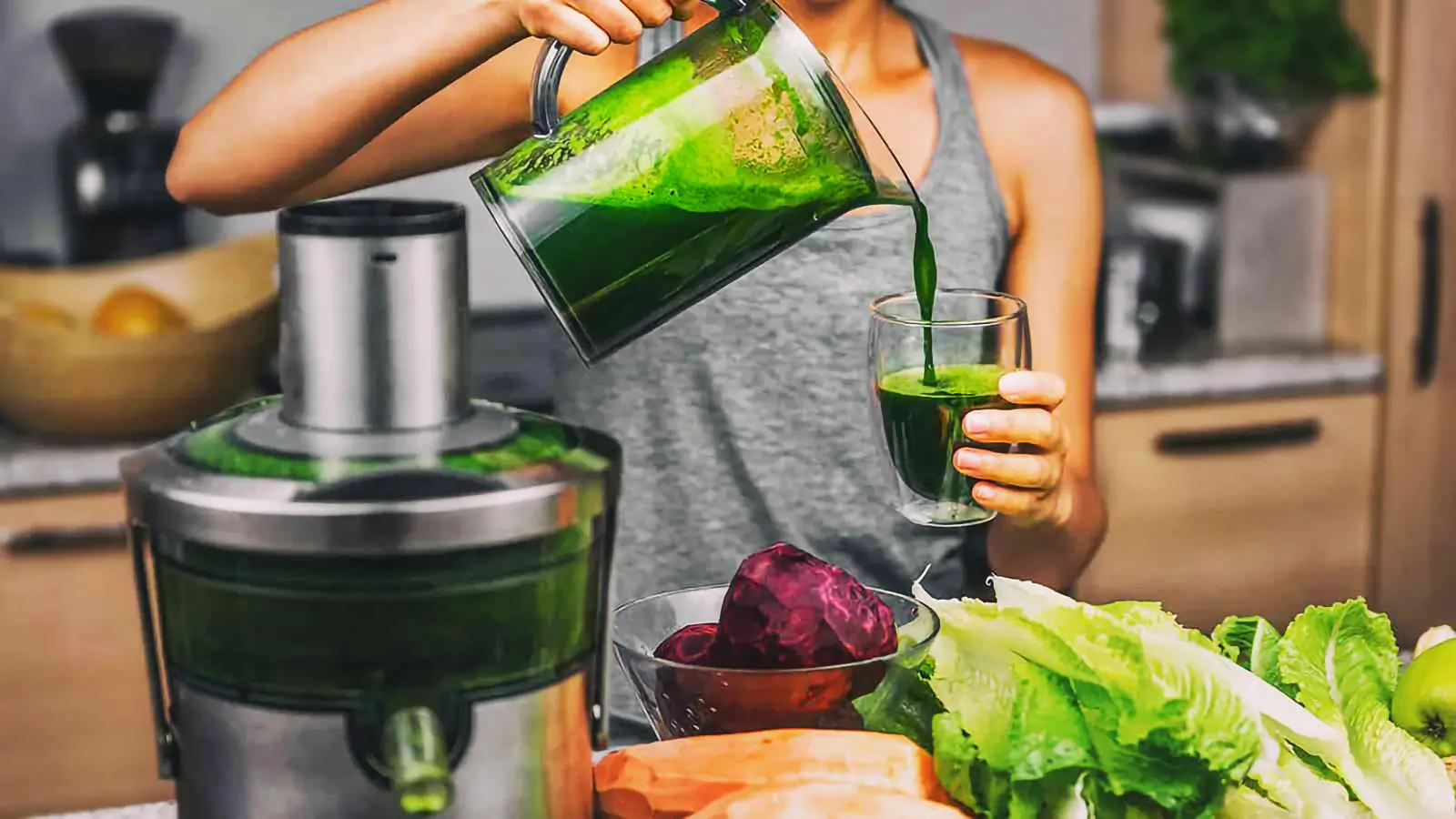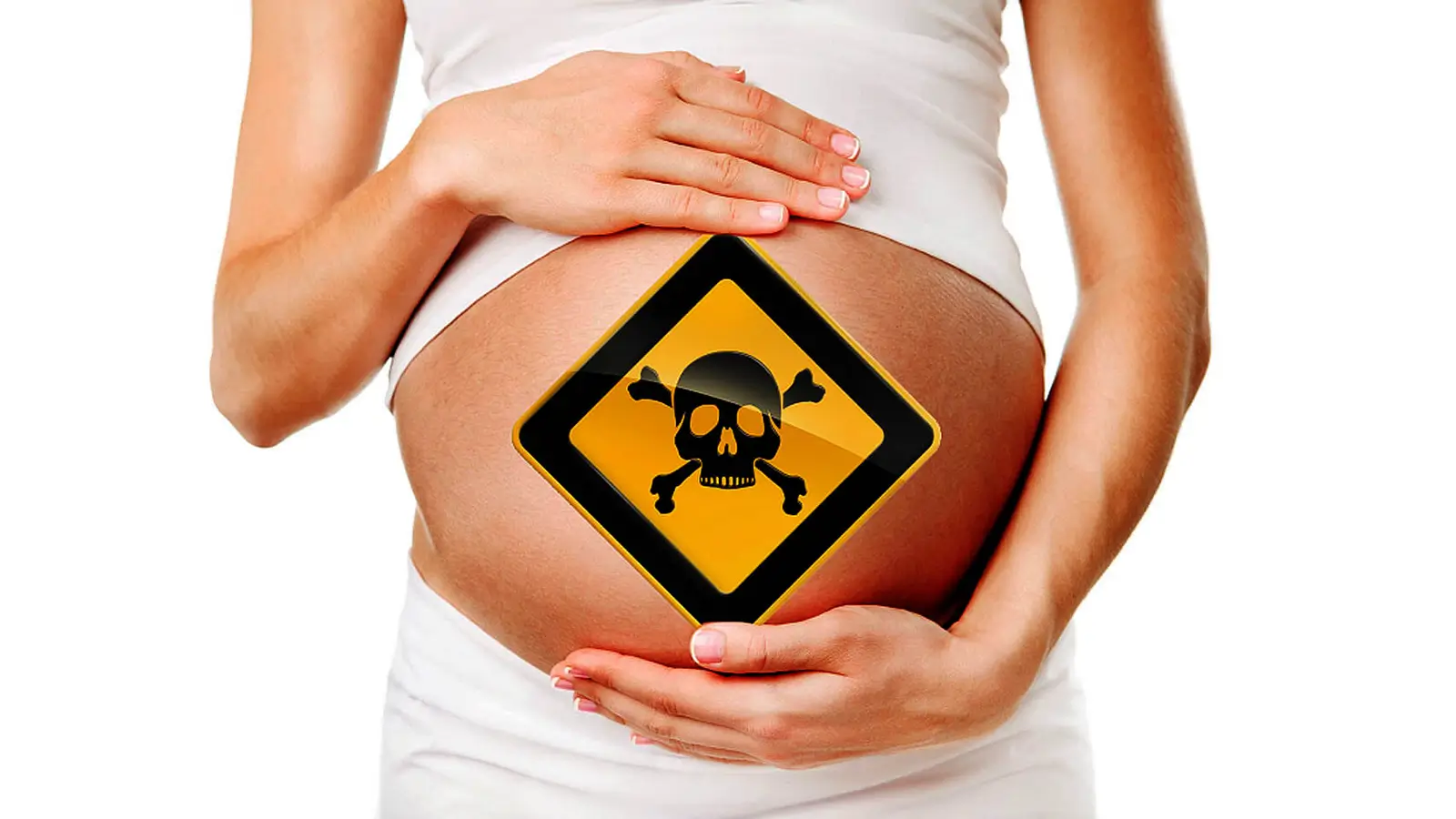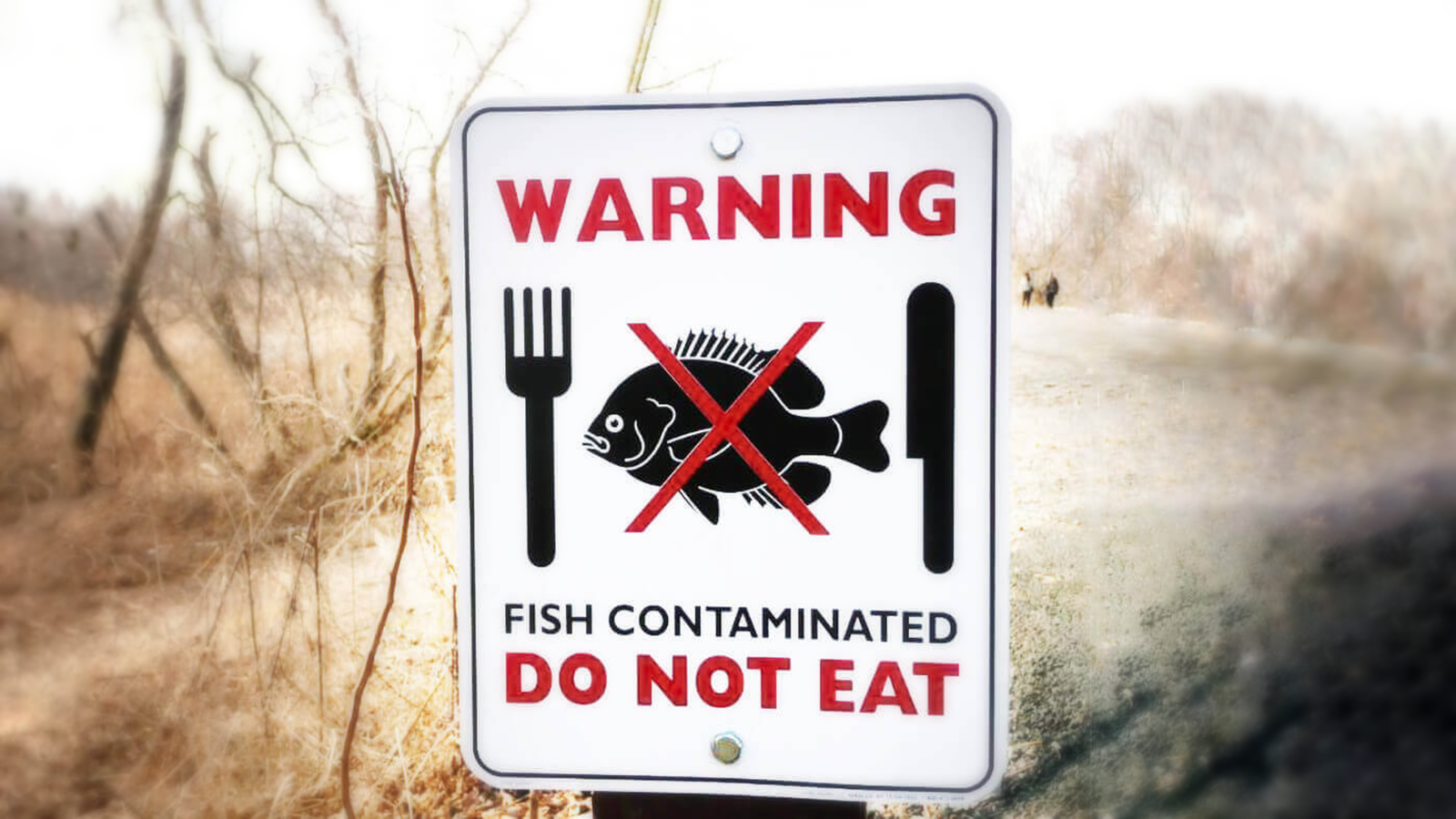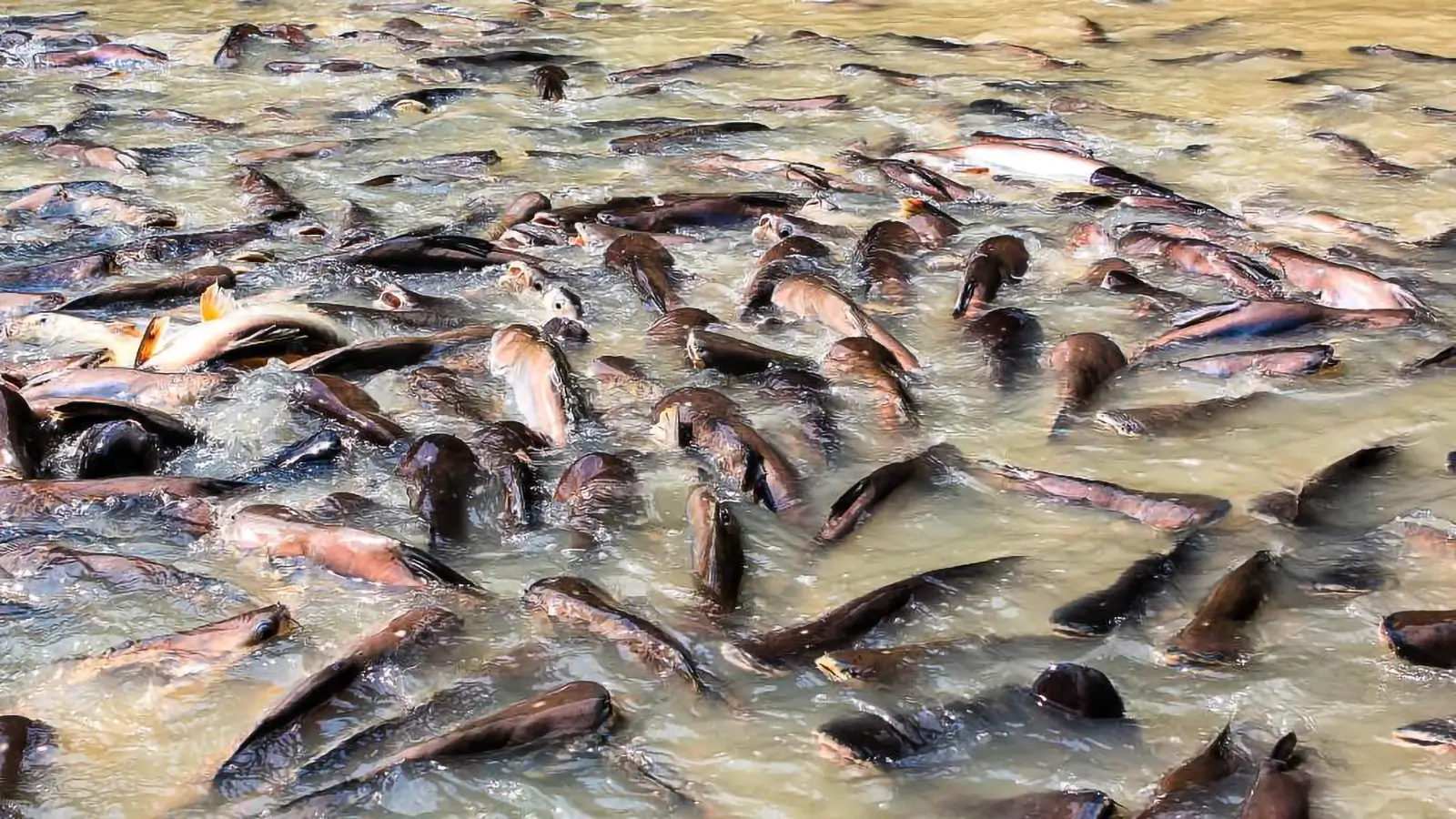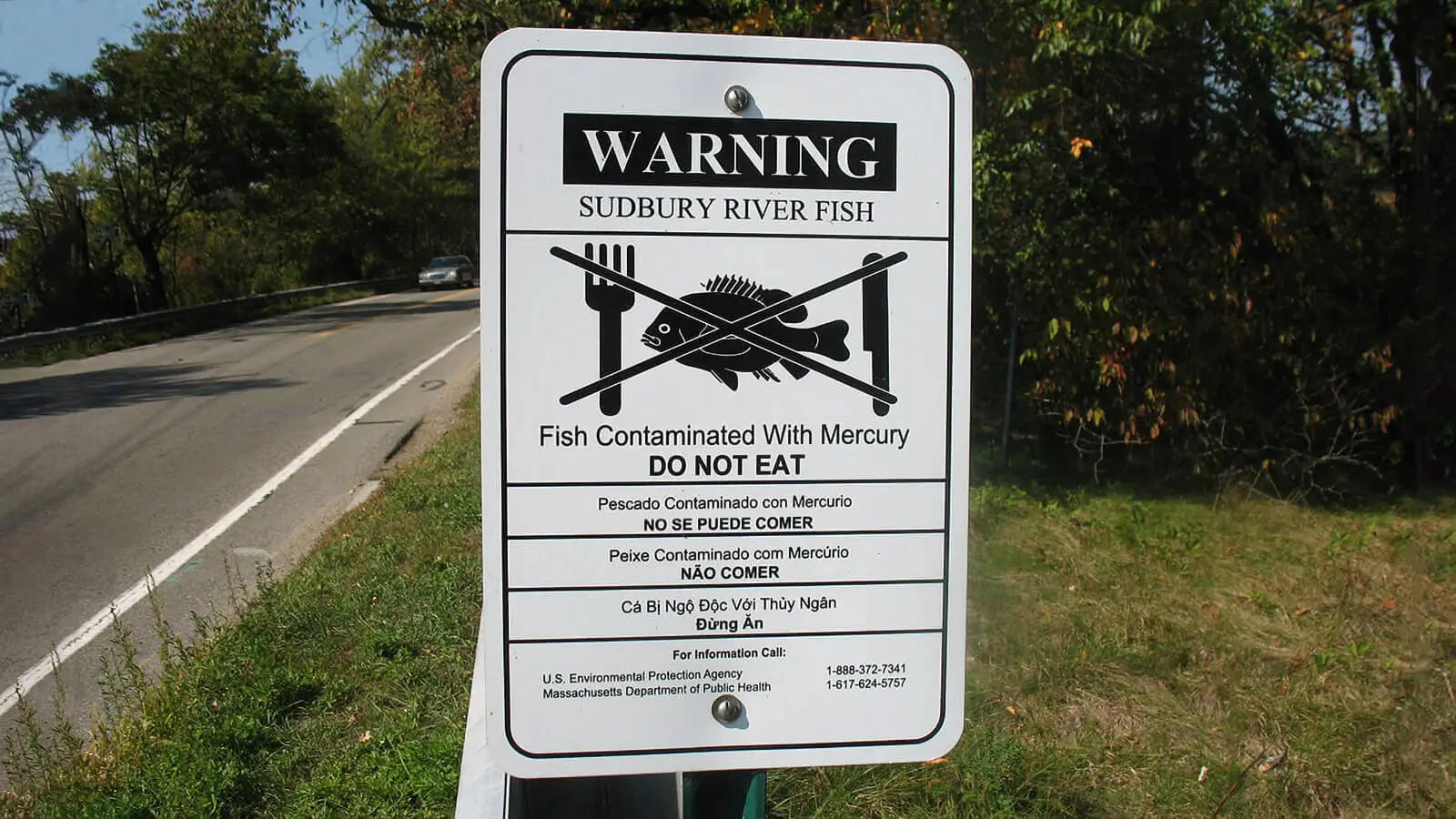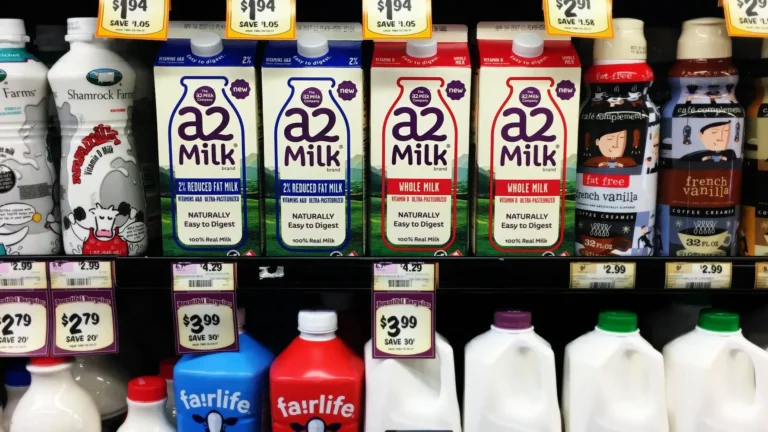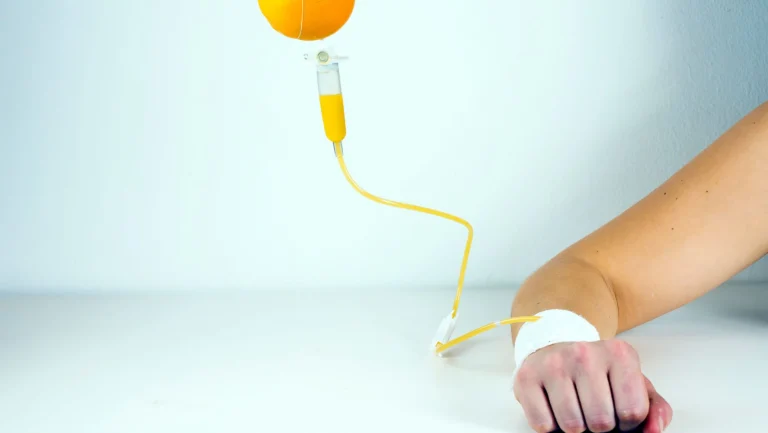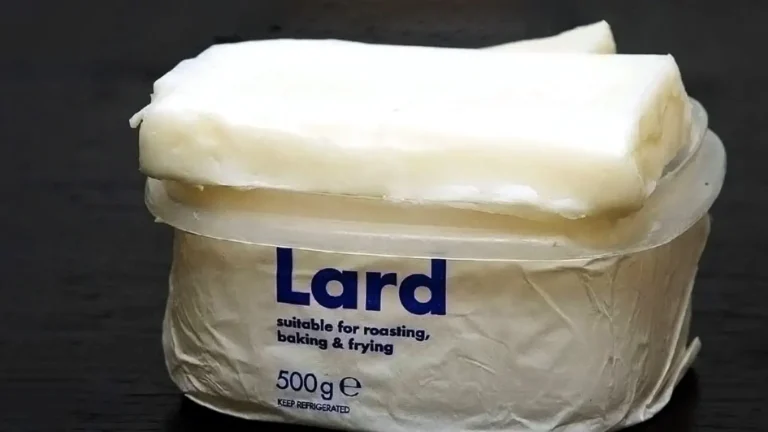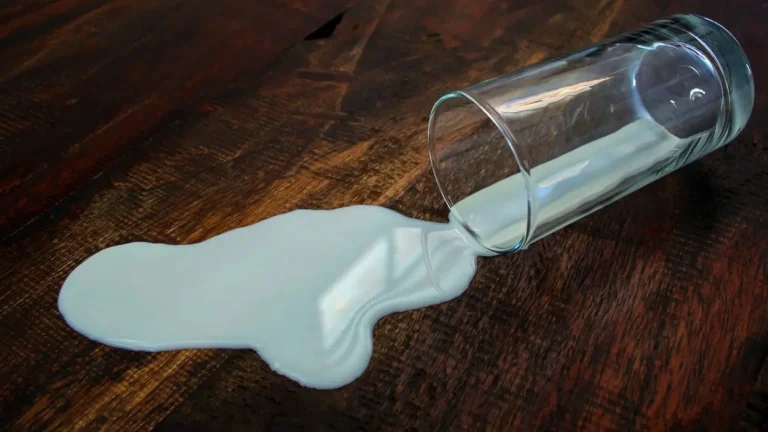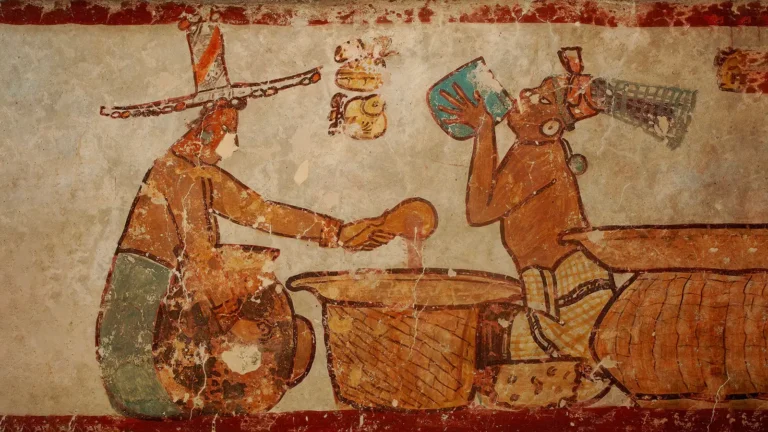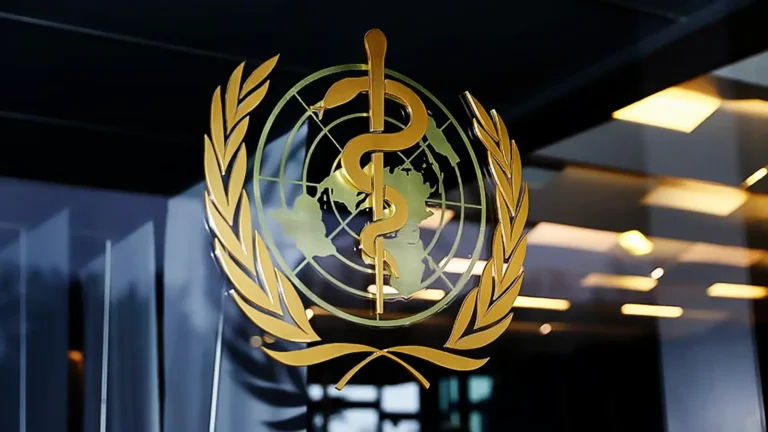Pesticides, OGM et Surcharge Toxique.
L'exposition aux pesticides provoque directement le cancer, des malformations congénitales, la stérilité et l'infertilité, des dommages au cerveau et au système nerveux, au foie, aux reins et à d'autres organes.
Milos Pokimica
Écrit par : Milos Pokimica
Examiné Médicalement Par : Dr. Xiùying Wáng, M.D.
Mis à jour le 9 juin 2023Tous les pesticides sont similaires. Certains sont plus toxiques, d'autres moins, mais tous sont toxiques. Il n'y a pas un seul pesticide aujourd'hui qui soit bénéfique pour la santé. Le DDT, par exemple, est aujourd'hui une substance interdite dans de nombreuses régions du monde, mais ce n'était pas le cas autrefois. Le gouvernement avait l'habitude d'approuver le produit, et l'industrie chimique le poussait agressivement. Le gouvernement et l'industrie l'ont soutenu massivement pendant une longue période. Une sorte de substance miracle. L'arme diabolique de la science moderne tue des milliards d'insectes et sauve des millions d'êtres humains. La solution finale au paludisme et à d'autres maladies transmises par les insectes.
Les pesticides sont des neurotoxines pour les insectes, mais pas pour les humains. Chez les insectes, le DDT ouvre des canaux ioniques sodiques dans les neurones, ce qui provoque des décharges spontanées, des spasmes et, finalement, la mort. Il suffit à l'insecte de marcher sur la surface traitée. Dans l'esprit des scientifiques, il ne s'agissait que d'une neurotoxine pour les insectes. Ils ne pouvaient pas envisager qu'elle puisse avoir d'autres effets à long terme. Une grande partie des pesticides utilisés aujourd'hui sont bien pires que le DDT.
Une autre raison pour laquelle le DDT a été interdit est que pendant 30 ans, il a été surutilisé et que les insectes y sont devenus résistants. Cela se produit dans un environnement où un poison est introduit.
Certains bugs survivent et se multiplient. Les caractéristiques génétiques des survivants seront mieux adaptées au même type de pesticides. Le pesticide utilisé pour la première fois aura l'impact le plus important et fera plus de dégâts. Cependant, certains insectes survivants transmettront leurs gènes. Avec le temps, les générations suivantes seront capables de résister davantage aux effets du pesticide et finiront par le tolérer. C'est le cas des moustiques en Afrique du Sud. Plus un produit chimique est utilisé longtemps, plus les insectes deviennent résistants. Il en va de même pour les souches de bactéries résistantes aux antibiotiques. Lorsque cela se produit, les agriculteurs doivent utiliser des poisons plus efficaces, plus puissants et plus toxiques. Le cycle se répète. Les nouveaux composés sont généralement plus chers, de sorte que le coût économique devient plus élevé et qu'ils sont également de plus en plus toxiques. Cela génère un niveau de pollution plus élevé et détériore donc encore plus l'équilibre général de l'écosystème. Le taux élevé de reproduction des insectes signifie qu'en quelques décennies, ils peuvent devenir tolérants, mais qu'en est-il de vous ?
Les pesticides ruisselleront dans les nappes phréatiques, les ruisseaux et les rivières. Cela affectera la biologie de nombreuses espèces de poissons, d'oiseaux, de mammifères et d'autres animaux d'une chaîne alimentaire qui finiront également par se retrouver dans votre corps.
Les organismes OGM sont principalement créés à cause de cela afin que des pesticides comme le Roundup puissent être utilisés à fortes doses pour tuer tous ces nouveaux insectes résistants et méchants. Nous avons atteint le point où nous devons modifier artificiellement les gènes pour suivre le rythme de l'évolution naturelle.
Les frites de McDonald's en sont un bon exemple. Dans tous les restaurants McDonald's du monde, les frites sont préparées à partir de la même variété de pomme de terre, appelée Russet Burbank.
Il s'agit d'une pomme de terre américaine particulièrement longue, qui est également très difficile à cultiver. Elle doit être très longue, car nous aimons l'aspect visuel de ces boîtes rouges contenant un petit bouquet de frites très longues. McDonald's insiste donc pour que toutes les pommes de terre soient de la variété Russet Burbank. L'entreprise exige également que toutes les frites soient claires et sans imperfections. La Russet Burbank présente un défaut courant appelé nécrose réticulaire. Comme nous aimons que les frites soient propres et sans taches brunes, McDonald's n'achète pas les pommes de terre des agriculteurs qui en ont. La seule façon d'éliminer les imperfections est d'éliminer les pucerons. Le seul pesticide capable de les tuer s'appelle Monitor. Il est si toxique que les agriculteurs qui cultivent ces pommes de terre doivent pulvériser le pesticide et ne peuvent pas retourner dans les champs pendant cinq jours après la pulvérisation. Ils doivent attendre que les pesticides soient éliminés avant de pouvoir y retourner. Lorsqu'ils récoltent les pommes de terre, ils doivent les placer dans des hangars à atmosphère contrôlée. Dans certains cas, la taille des hangars peut rivaliser avec celle des stades de football. La raison pour laquelle elles sont placées dans des hangars est qu'elles ne sont pas comestibles pendant six semaines. La pomme de terre doit évacuer tous les produits chimiques qu'elle contient.
Dans l'agriculture biologique, la rotation des cultures est utile pour résoudre de nombreux problèmes liés à la surutilisation des pesticides. La monoculture appauvrit excessivement le sol en certains nutriments. La rotation a pour but de reconstituer le sol. Une culture qui appauvrit le sol en un type de nutriment est alors remplacée, lors de la saison suivante, par une autre culture qui n'appauvrit pas ce nutriment spécifique, mais qui absorbe un ratio différent de nutriments. Dans certains cas, si elle est effectuée correctement, la rotation des cultures peut même restituer ce nutriment au sol. La rotation dans le temps permet de développer la biomasse, la fertilité et la structure du sol à partir de diverses structures racinaires.
Lorsqu'une espèce est cultivée de manière continue, année après année, elle finit par augmenter le nombre de parasites, et la rotation permet d'atténuer l'accumulation d'agents pathogènes et de parasites. Cependant, avec l'augmentation de la population humaine, la monoculture avec des engrais synthétiques est le seul moyen économiquement efficace de produire toutes les cultures dont nous avons besoin. Elle laisse également les cultures vulnérables aux attaques massives des ravageurs. Aujourd'hui, nous utilisons chaque année plus de 5 milliards de livres de pesticides sur la Terre. Tous ces produits chimiques finissent par se retrouver dans les sols et les océans. En outre, ces produits chimiques ont modifié le patrimoine génétique de nombreuses espèces, créant ainsi des superbactéries. Le doryphore de la pomme de terre, par exemple, résiste à plus de 50 insecticides. D'autres insectes sont pris entre deux feux.
Par exemple, depuis la fin des années 1990, on assiste à une diminution inexpliquée et soudaine du nombre d'abeilles. À l'échelle mondiale, les taux de déclin des colonies d'abeilles mellifères sont inhabituellement élevés.
Plus d'un tiers de la production végétale mondiale dépend de la pollinisation par les abeilles. La perte de biodiversité peut l'expliquer. En raison des monocultures que les abeilles ne peuvent pas utiliser pour se nourrir et de l'utilisation généralisée de pesticides, dont certains peuvent les tuer directement ou indirectement, la situation est aujourd'hui terrible. La mort des abeilles reflète le dysfonctionnement de l'équilibre de la nature, avec un système alimentaire défaillant et des paysages sans fleurs. Dans certaines régions du monde, il n'y a plus d'abeilles du tout. Dans ces endroits, des personnes sont payées pour effectuer la pollinisation à la main. Aux États-Unis, les abeilles sont en déclin depuis la Seconde Guerre mondiale. Il y avait environ 4,5 millions de ruches avant la guerre et il n'y en a plus que 2 millions aujourd'hui. Les déserts alimentaires sont des monocultures à grande échelle qui ne fournissent aucune nourriture aux insectes, y compris aux abeilles. Les exploitations agricoles qui assuraient autrefois la vie des abeilles sont aujourd'hui des déserts alimentaires dominés par une ou deux espèces comme le maïs ou le soja, sans les plantes à fleurs dont les abeilles ont besoin pour survivre. Par exemple, l'ampleur de la monoculture d'amandes est telle qu'aujourd'hui, 1,5 million de ruches, soit la quasi-totalité des ruches existant aux États-Unis, sont nécessaires pour assurer une pollinisation réussie. Les ruches doivent être transportées à travers les États-Unis pour polliniser cette seule culture. Elles sont transportées par semi-remorque et, après la floraison, les amandes sont des paysages sans fleurs et sans nourriture pour les abeilles, de sorte qu'elles doivent être transportées ailleurs pour assurer la pollinisation. Le problème est que la production alimentaire qui nécessite la pollinisation par les abeilles augmente chaque année. Les pesticides sont alors nécessaires, car les monocultures sont un festin pour les parasites qui s'en nourrissent. Le pollen récolté par les abeilles contient au moins six types d'insecticides. Un insecticide particulièrement toxique pour les abeilles est appelé néonicotinoïde.
Les pesticides se sont améliorés au fil du temps et sont devenus plus puissants et plus ciblés, mais ils ne sont toujours pas naturels et polluent toujours le sol, l'eau, la faune et notre santé.
L'exposition à ces substances provoque directement le cancer et d'autres tumeurs, la leucémie, le lymphome, des malformations congénitales, la stérilité, d'autres problèmes de reproduction, la mortinaissance, l'avortement spontané, la stérilité et l'infertilité, des lésions du cerveau et du système nerveux, et des lésions de la moelle épinière dommages au foie, reins, poumons et autres organes du corps.
Sans eux, les prix des denrées alimentaires monteront en flèche et une grande partie de la population humaine mourra de faim ou de maladies transmises par les moustiques.
Références :
Passages sélectionnés à partir d'un livre : Pokimica, Milos. Devenir vegetarien? Examen de la science, partie 1. Kindle éd., Amazone, 2018.
Articles Similaires
Vous avez des questions sur la nutrition et la santé ?
J'aimerais avoir de vos nouvelles et y répondre dans mon prochain post. J'apprécie votre contribution et votre opinion et j'ai hâte d'avoir de vos nouvelles bientôt. Je vous invite également à nous suivre sur Facebook, Instagram et Pinterest pour plus de contenu sur l'alimentation, la nutrition et la santé. Vous pouvez y laisser un commentaire et entrer en contact avec d'autres passionnés de santé, partager vos conseils et expériences, et obtenir le soutien et les encouragements de notre équipe et de notre communauté.
J'espère que ce billet a été instructif et agréable pour vous et que vous êtes prêt à mettre en pratique les connaissances que vous avez acquises. Si vous avez trouvé ce billet utile, veuillez le partager à vos amis et à votre famille qui pourraient également en bénéficier. On ne sait jamais qui peut avoir besoin de conseils et de soutien dans son parcours de santé.
– Vous pourriez aussi aimer –

Apprendre la Nutrition
Milos Pokimica est docteur en médecine naturelle, nutritionniste clinique, rédacteur en santé médicale et nutrition et conseiller en sciences nutritionnelles. Auteur de la série de livres Devenir vegetarien ? Examen des sciences, il exploite également le site Web de santé naturelle GoVeganWay.com
Avis de non-responsabilité médicale
GoVeganWay.com vous propose des critiques des dernières recherches liées à la nutrition et à la santé. Les informations fournies représentent l'opinion personnelle de l'auteur et ne sont pas destinées ni implicitement à remplacer un avis médical professionnel, un diagnostic ou un traitement. Les informations fournies sont fournies à titre informatif uniquement et ne sont pas destinées à remplacer la consultation, le diagnostic et/ou le traitement médical d'un médecin ou d'un prestataire de soins de santé qualifié.NE JAMAIS IGNORER LES CONSEILS MÉDICAUX PROFESSIONNELS OU RETARDER LA RECHERCHE DE SOINS MÉDICAUX EN RAISON DE QUELQUE CHOSE QUE VOUS AVEZ LU OU ACCÉDÉ SUR GoVeganWay.com
N'APPLIQUEZ JAMAIS DE CHANGEMENTS AU STYLE DE VIE OU TOUT CHANGEMENT À LA SUITE DE QUELQUE CHOSE QUE VOUS AVEZ LU SUR GoVeganWay.com AVANT DE CONSULTER UN PRATICIEN MÉDICAL AGRÉÉ.
En cas d'urgence médicale, appelez immédiatement un médecin ou le 911. GoVeganWay.com ne recommande ni n'approuve aucun groupe, organisation, test, médecin, produit, procédure, opinion ou autre information spécifique pouvant être mentionné à l'intérieur.
Choix de l'éditeur -
Milos Pokimica est rédacteur spécialisé dans la santé et la nutrition et conseiller en sciences nutritionnelles. Auteur d'une série de livres Devenir vegetarien ? Examen des sciences, il exploite également le site Web de santé naturelle GoVeganWay.com
Derniers articles –
Top Des Nouvelles Sur la Santé - ScienceDaily
- The overlooked nutrition risk of Ozempic and Wegovyle février 4, 2026
Popular weight-loss drugs like Ozempic and Wegovy can dramatically curb appetite, but experts warn many users are flying blind when it comes to nutrition. New research suggests people taking these medications may not be getting enough guidance on protein, vitamins, and overall diet quality, increasing the risk of muscle loss and nutrient deficiencies.
- A 25-year study found an unexpected link between cheese and dementiale février 4, 2026
A massive Swedish study tracking nearly 28,000 people for 25 years found an unexpected link between full-fat dairy and brain health. Among adults without a genetic risk for Alzheimer’s, eating more full-fat cheese was associated with a noticeably lower risk of developing the disease, while higher cream intake was tied to reduced dementia risk overall. The findings challenge decades of low-fat dietary advice but come with important caveats.
- MIT’s new brain tool could finally explain consciousnessle février 4, 2026
Scientists still don’t know how the brain turns physical activity into thoughts, feelings, and awareness—but a powerful new tool may help crack the mystery. Researchers at MIT are exploring transcranial focused ultrasound, a noninvasive technology that can precisely stimulate deep regions of the brain that were previously off-limits. In a new “roadmap” paper, they explain how this method could finally let scientists test cause-and-effect in consciousness research, not just observe […]
- Why heart disease risk in type 2 diabetes looks different for men and womenle février 4, 2026
Scientists are digging into why heart disease risk in type 2 diabetes differs between men and women—and sex hormones may be part of the story. In a large Johns Hopkins study, men with higher testosterone had lower heart disease risk, while rising estradiol levels were linked to higher risk. These hormone effects were not seen in women. The results point toward more personalized approaches to heart disease prevention in diabetes.
- Sound machines might be making your sleep worsele février 4, 2026
Sound machines may not be the sleep saviors many believe. Researchers found that pink noise significantly reduced REM sleep, while simple earplugs did a better job protecting deep, restorative sleep from traffic noise. When pink noise was combined with outside noise, sleep quality dropped even further. The results suggest that popular “sleep sounds” could be doing more harm than good—particularly for kids.
- This unexpected plant discovery could change how drugs are madele février 3, 2026
Plants make chemical weapons to protect themselves, and many of these compounds have become vital to human medicine. Researchers found that one powerful plant chemical is produced using a gene that looks surprisingly bacterial. This suggests plants reuse microbial tools to invent new chemistry. The insight could help scientists discover new drugs and produce them more sustainably.
- A hidden cellular process may drive aging and diseasele février 3, 2026
As we age, our cells don’t just wear down—they reorganize. Researchers found that cells actively remodel a key structure called the endoplasmic reticulum, reducing protein-producing regions while preserving fat-related ones. This process, driven by ER-phagy, is tied to lifespan and healthy aging. Because these changes happen early, they could help trigger later disease—or offer a chance to stop it.
PubMed, #régime-vegan –
- Diet type and the oral microbiomele février 2, 2026
CONCLUSION: The diet-oral microbiome-systemic inflammation axis is bidirectional and clinically relevant. Understanding both direct ecological regulation and indirect metabolic effects is essential to support precision nutrition strategies aimed at maintaining oral microbial balance and systemic inflammatory risk mitigation.
- Consensus document on healthy lifestylesle janvier 22, 2026
Proteins are a group of macronutrients that are vital to our lives, as they perform various functions, including structural, defensive and catalytic. An intake of 1.0-1.2 g/kg/body weight per day would be sufficient to meet our needs. Carbohydrate requirements constitute 50 % of the total caloric value and should be obtained mainly in the form of complex carbohydrates. In addition, a daily intake of both soluble and insoluble fiber is necessary. Regular consumption of extra virgin olive oil […]
- Vitamin B12 and D status in long-term vegetarians: Impact of diet duration and subtypes in Beijing, Chinale janvier 21, 2026
CONCLUSIONS: This study reveals a dual challenge among Beijing long-term vegetarians: vitamin B12 deficiency was strongly associated with the degree of exclusion of animal products from the diet (veganism), while vitamin D deficiency was highly prevalent and worsened with longer diet duration. The near-universal vitamin D deficiency observed in this study suggests that, in the Beijing context, the risk may extend beyond dietary choice, potentially reflecting regional environmental factors;…
- Nutritional evaluation of duty meals provided to riot police forces in Germanyle janvier 13, 2026
Background: The primary role of the German riot police is maintaining internal security. Due to challenging working conditions, riot police forces face an elevated risk of various diseases. During duty, forces are provided with meals. A balanced diet can reduce the risk of some of these diseases and contribute to health-promoting working conditions. Aim: First evaluation of the nutritional quality of duty meals in Germany based on German Nutrition Society recommendations (DGE). Methods: In…
- Iodinele janvier 1, 2006
Iodine is an essential trace nutrient for all infants that is a normal component of breastmilk. Infant requirements are estimated to be 15 mcg/kg daily in full-term infants and 30 mcg/kg daily in preterm infants.[1] Breastmilk iodine concentration correlates well with maternal urinary iodine concentration and may be a useful index of iodine sufficiency in infants under 2 years of age, but there is no clear agreement on a value that indicates iodine sufficiency, and may not correlate with […]
Messages aléatoires –
Postes en vedette -
Dernières Nouvelles de PubMed, #alimentation végétale –
- From paddy soil to dining table: biological biofortification of rice with zincpar Lei Huang le février 4, 2026
One-third of paddy soils are globally deficient in zinc (Zn) and 40% of Zn loss in the procession from brown rice to polished rice, which results in the global issue of hidden hunger, e.g., the micronutrient deficiencies in the rice-based population of developing countries. In the recent decades, biofortification of cereal food crops with Zn has emerged as a promising solution. Herein, we comprehensively reviewed the entire process of Zn in paddy soil to human diet, including the regulatory…
- Molecular Characterization of Tobacco Necrosis Virus A Variants Identified in Sugarbeet Rootspar Alyssa Flobinus le février 3, 2026
Sugarbeet provides an important source of sucrose; a stable, environmentally safe, and low-cost staple in the human diet. Viral diseases arising in sugarbeet ultimately impact sugar content, which translates to financial losses for growers. To manage diseases and prevent such losses from occurring, it is essential to characterize viruses responsible for disease. Recently, our laboratory identified a tobacco necrosis virus A variant named Beta vulgaris alphanecrovirus 1 (BvANV-1) in sugarbeet…
- Nutrition in early life interacts with genetic risk to influence preadult behaviour in the Raine Studypar Lars Meinertz Byg le février 3, 2026
CONCLUSIONS: Nutrition in early life and psychiatric genetic risk may interact to determine lasting child behaviour. Contrary to our hypothesis, we find dietary benefits in individuals with lower ADHD PGS, necessitating replication. We also highlight the possibility of including genetics in early nutrition intervention trials for causal inference.
- Effect of the gut microbiota on insect reproduction: mechanisms and biotechnological prospectspar Dilawar Abbas le février 2, 2026
The insect gut microbiota functions as a multifunctional symbiotic system that plays a central role in host reproduction. Through the production of bioactive metabolites, gut microbes interact with host hormonal pathways, immune signaling, and molecular regulatory networks, thereby shaping reproductive physiology and fitness. This review summarizes recent advances in understanding how gut microbiota regulate insect reproduction. Accumulating evidence demonstrates that microbial metabolites…
- Rationale and design of a parallel randomised trial of a plant-based intensive lifestyle intervention for diabetes remission: The REmission of diabetes using a PlAnt-based weight loss InteRvention…par Brighid McKay le février 2, 2026
CONCLUSIONS: This trial will provide high-quality clinical evidence on the use of plant-based ILIs to address the epidemics of obesity and diabetes to inform public health policies and programs in Canada and beyond.
- Diet type and the oral microbiomepar Daniel Betancur le février 2, 2026
CONCLUSION: The diet-oral microbiome-systemic inflammation axis is bidirectional and clinically relevant. Understanding both direct ecological regulation and indirect metabolic effects is essential to support precision nutrition strategies aimed at maintaining oral microbial balance and systemic inflammatory risk mitigation.
